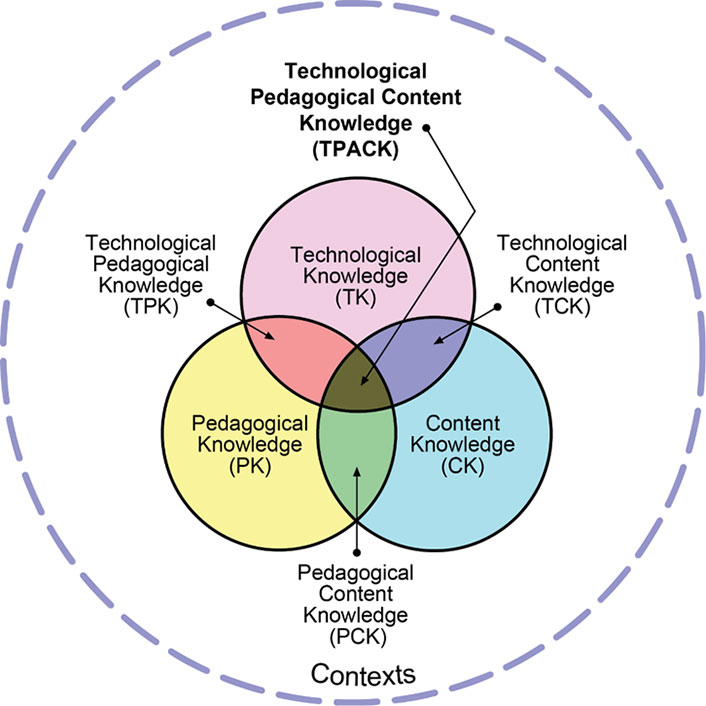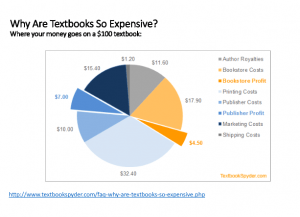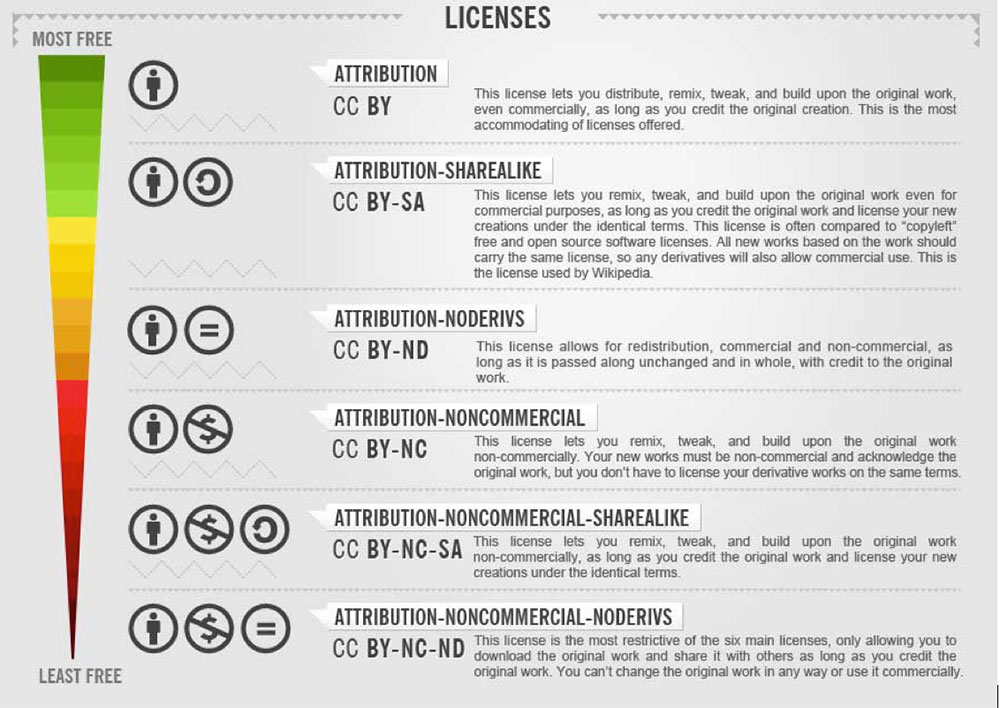ICT information and communication technology literacy
The Role of Librarians in Supporting ICT Literacy
May 9, 2019,
https://er.educause.edu/blogs/2019/5/the-role-of-librarians-in-supporting-ict-literacy
Academic librarians increasingly provide guidance to faculty and students for the integration of digital information into the learning experience.
TPACK: Technological Pedagogical Content Knowledge
Many librarians have shied away from ICT literacy, concerned that they may be asked how to format a digital document or show students how to create a formula in a spreadsheet. These technical skills focus more on a specific tool than on the underlying nature of information.
librarians have begun to use an embedded model as a way to deepen their connection with instructors and offer more systematic collection development and instruction. That is, librarians focus more on their partnerships with course instructors than on a separate library entity.
If TPACK is applied to instruction within a course, theoretically several people could be contributing this knowledge to the course. A good exercise is for librarians to map their knowledge onto TPACK.

ICT reflects the learner side of a course. However, ICT literacy can be difficult to integrate because it does not constitute a core element of any academic domain. Whereas many academic disciplines deal with key resources in their field, such as vocabulary, critical thinking, and research methodologies, they tend not to address issues of information seeking or collaboration strategies, let alone technological tools for organizing and managing information.
Instructional design for online education provides an optimal opportunity for librarians to fully collaborate with instructors.
The outcomes can include identifying the level of ICT literacy needed to achieve those learning outcomes, a task that typically requires collaboration between the librarian and the program’s faculty member. Librarians can also help faculty identify appropriate resources that students need to build their knowledge and skills. As education administrators encourage faculty to use open educational resources (OERs) to save students money, librarians can facilitate locating and evaluating relevant resources. These OERs not only include digital textbooks but also learning objects such as simulations, case studies, tutorials, and videos.
Reading online text differs from reading print both physically and cognitively. For example, students scroll down rather than turn online pages. And online text often includes hyperlinks, which can lead to deeper coverage—as well as distraction or loss of continuity of thought. Also, most online text does not allow for marginalia that can help students reflect on the content. Teachers and students often do not realize that these differences can impact learning and retention. To address this issue, librarians can suggest resources to include in the course that provide guidance on reading online.
My note – why specialist like Tom Hergert and the entire IMS is crucial for the SCSU library and librarians and how neglecting the IMS role hurts the SCSU library –
Similarly, other types of media need to be evaluated, comprehended, and interpreted in light of their critical features or “grammar.” For example, camera angles can suggest a person’s status (as in looking up to someone), music can set the metaphorical tone of a movie, and color choices can be associated with specific genres (e.g., pastels for romances or children’s literature, dark hues for thrillers). Librarians can explain these media literacy concepts to students (and even faculty) or at least suggest including resources that describe these features
My note – on years-long repetition of the disconnect between SCSU ATT, SCSU library and IMS –
instructors need to make sure that students have the technical skills to produce these products. Although librarians might understand how media impacts the representation of knowledge, they aren’t necessarily technology specialists. However, instructors and librarians can collaborate with technology specialists to provide that expertise. While librarians can locate online resources—general ones such as Lynda.com or tool-specific guidance—technology specialists can quickly identify digital resources that teach technical skills (my note: in this case IMS). My note: we do not have IDs, another years-long reminder to middle and upper management. Many instructors and librarians have not had formal courses on instructional design, so collaborations can provide an authentic means to gain competency in this process.
My note: Tom and I for years have tried to make aware SCSU about this combo –
Instructors likely have high content knowledge (CK) and satisfactory technological content knowledge (TCK) and technological knowledge (TK) for personal use. But even though newer instructors acquire pedagogical knowledge (PK), pedagogical content knowledge (PCK), and technological pedagogical knowledge (TPK) early in their careers, veteran instructors may not have received this training. The same limitations can apply to librarians, but technology has become more central in their professional lives. Librarians usually have strong one-to-one instruction skills (an aspect of PK), but until recently they were less likely to have instructional design knowledge. ICT literacy constitutes part of their CK, at least for newly minted professionals. Instructional designers are strong in TK, PK, and TPK, and the level of their CK (and TCK and TPK) will depend on their academic background. And technology specialists have the corner on TK and TCK (and hopefully TPK if they are working in educational settings), but they may not have deep knowledge about ICT literacy.
Therefore, an ideal team for ICT literacy integration consists of the instructor, the librarian, the instructional designer, and the technology specialist. Each member can contribute expertise and cross-train the teammates. Eventually, the instructor can carry the load of ICT literacy, with the benefit of specific just-in-time support from the librarian and instructional designer.
My note: I have been working for more then six years as embedded librarian in the doctoral cohort and had made aware the current library administrator (without any response) about my work, as well as providing lengthy bibliography (e.g. https://blog.stcloudstate.edu/ims/2017/08/24/embedded-librarian-qualifications/ and have had meeting with the current SOE administrator and the library administrator (without any response).
I also have delivered discussions to other institutions (https://blog.stcloudstate.edu/ims/2018/04/12/embedded-librarian-and-gamification-in-libraries/)
Librarians should seriously consider TPACK as a way to embed themselves into the classroom to incorporate information and ICT literacy.
+++++++++++++
more about academic library in this IMS blog
https://blog.stcloudstate.edu/ims?s=academic+library
more on SAMR and TRACK models in this IMS blog
https://blog.stcloudstate.edu/ims/2018/05/17/transform-education-digital-tools/
https://blog.stcloudstate.edu/ims/2015/07/29/mn-esummit-2015/

